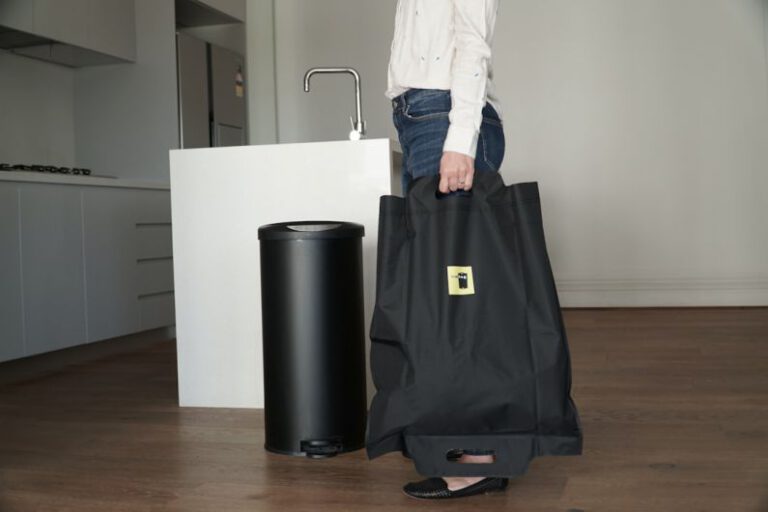Is a Home Energy Audit the First Step Towards Sustainability?
In today’s world, sustainability has become a crucial aspect of our daily lives. As concerns about environmental impact and energy conservation continue to grow, many homeowners are looking for ways to reduce their carbon footprint and save on energy costs. One of the first steps towards achieving sustainability in your home is by conducting a home energy audit.
Understanding the Importance of a Home Energy Audit
A home energy audit is a comprehensive assessment of your home’s energy usage and efficiency. During an audit, a professional evaluates various aspects of your home, including insulation, heating and cooling systems, appliances, lighting, and overall energy consumption patterns. The goal of a home energy audit is to identify areas where energy is being wasted and to provide recommendations for improving energy efficiency.
Identifying Energy Wastage
One of the key benefits of a home energy audit is that it helps homeowners identify areas where energy is being wasted. For example, poor insulation in the walls or attic can result in heat loss during the winter and cool air escaping during the summer. Inefficient heating and cooling systems can also contribute to high energy bills. By pinpointing these sources of energy wastage, homeowners can take steps to address them and reduce their energy consumption.
Recommendations for Improving Energy Efficiency
After conducting a home energy audit, professionals typically provide homeowners with a detailed report outlining specific recommendations for improving energy efficiency. These recommendations may include upgrading insulation, sealing air leaks, replacing outdated appliances with energy-efficient models, installing programmable thermostats, and making other energy-saving upgrades. By following these recommendations, homeowners can significantly reduce their energy usage and lower their utility bills.
Financial Benefits of a Home Energy Audit
While some homeowners may be hesitant to invest in a home energy audit due to the upfront cost, the financial benefits far outweigh the initial expense. By implementing the recommended energy-saving measures, homeowners can see a significant reduction in their monthly energy bills. Additionally, many utility companies offer rebates and incentives for making energy-efficient upgrades to your home, further offsetting the cost of the audit.
Environmental Impact
In addition to the financial benefits, a home energy audit also has a positive impact on the environment. By reducing energy consumption and improving energy efficiency, homeowners can lower their carbon footprint and decrease their overall impact on the planet. As we strive to combat climate change and reduce greenhouse gas emissions, taking steps to make our homes more sustainable is a crucial part of the solution.
Taking the First Step Towards Sustainability
A home energy audit is not only a practical way to save money on energy costs but also a powerful first step towards achieving sustainability in your home. By understanding your home’s energy usage patterns and making the necessary upgrades to improve efficiency, you can do your part to protect the environment and create a more sustainable future for generations to come.
In conclusion, a home energy audit is an essential tool for homeowners looking to reduce their energy consumption, lower their utility bills, and minimize their environmental impact. By taking the first step towards sustainability through a home energy audit, you can make a tangible difference in both your home and the planet.






